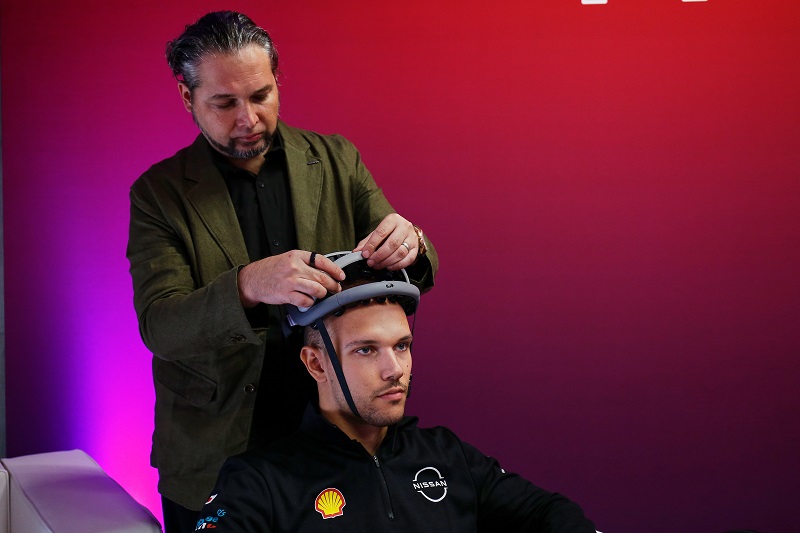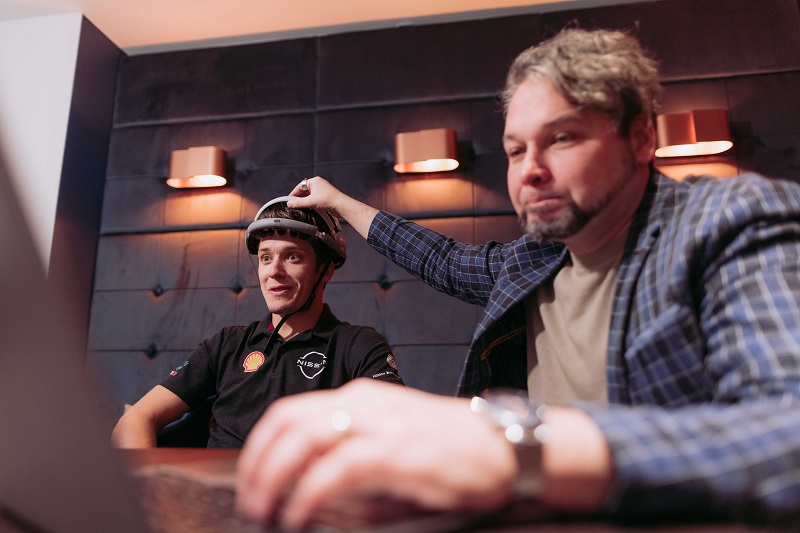
Nissan Formula E Team demonstrates improvements in cognitive function
Nissan reveals the results of its innovative and ground-breaking Brain to Performance program. The findings of this initiative, which studies driver brain function and anatomy, show how brain training protocols can successfully improve the cognitive functions of Nissan Formula E Team drivers.
FIA Formula E World Championship, including drivers in the Japanese Super GT series
Furthermore, the data indicates that racing drivers who participated in the Nissan Brain to Performance training experienced enhancements in complex decision-making, stress and fatigue resilience, and quicker reaction times. These improvements can help reduce on-track errors and maximize drivers’ pace and consistency.
Continual training could enable the Nissan Formula E Team drivers to reach the maximum potential of their brains in terms of clarity, which relates to their ability to perform in high-pressure environments, and speed, measuring how quickly they can process information.
Following these successful findings, Nissan Formula E Team plans to fully integrate these brain training protocols into its drivers’ overall training programs from Season 10. The knowledge gained from both the research and application stages, with further adaptations, is expected to be applicable to the wider NISMO family beyond the FIA Formula E World Championship, including drivers in the Japanese Super GT series. Furthermore, this program highly accelerated the research towards developing a driving skill improvement system, accessible to all the drivers.

This technology to enhance general driving skills outside of racing
When Nissan Brain to Performance was launched at the end of Season 7 (2020/21) of the ABB FIA Formula E World Championship campaign, Nissan Formula E Team together with Nissan’s UX Innovation Senior Manager, Dr. Lucian Gheorghe, outlined three key research areas: comparing racing drivers’ brain functions to those of everyday drivers, evaluating the link between electrical brain stimulation and on-track performance, and assessing the potential for this technology to enhance general driving skills outside of racing.
In Season 8, the research phase of the Brain to Performance project was initiated. As part of this research, two control groups were formed – one that underwent brain stimulation and one that did not. Non-professional drivers in these groups participated in testing sessions on race simulators at the University of Essex and the Geneva-based Campus Biotech. They completed 10 sessions on a track they had not seen before, and the final findings revealed that the brain-stimulated group performed 50 percent faster and learned the circuits 50 percent quicker.

